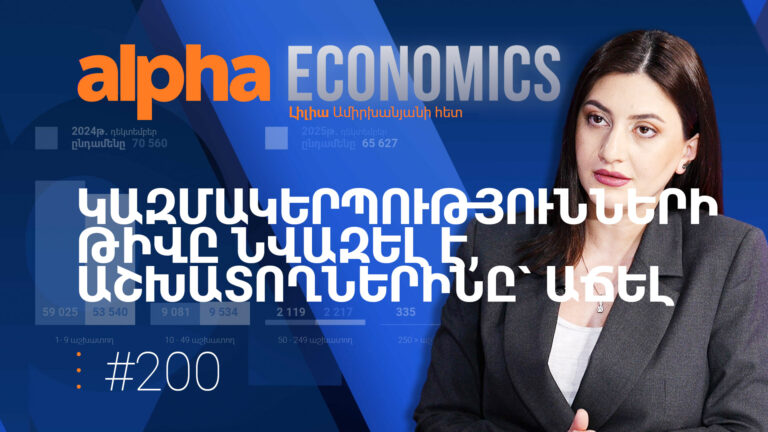Rice instead of wheat for more security?
October 16 2024, 16:43
The recent statement by the Secretary of the Armenian Security Council on replacing wheat with rice as a strategic commodity has caused bewilderment among the public.
“Strategic goods may be substituted, which will allow the economy to become more flexible and prevent others from targeting our strategic goods. For example, we can switch from wheat to rice as a strategic commodity and change our adaptability,” Grigoryan said.
It should be noted that rice, like wheat, is an imported commodity, so to put it mildly, the problem will not be solved that way. But, in fact, statements about the possibility of such a change contain a much broader meaning, ranging from socio-psychological, cultural, and customary aspects to the economic component. Let us give the simplest comparison: the customs value of a kilogram of wheat is 4.5 times cheaper than the customs value of a kilogram of rice.
In 2023, around 345 thousand tons of wheat and about 10 thousand tons of rice were imported to Armenia. It turns out that if we replace wheat imports with rice, we will import goods at a price ten times more expensive. This will naturally have a chain effect on the cost of other products made from rice.
In 2023, most of the rice was imported to Armenia from Thailand and Russia. Rice was also imported from Pakistan, India, Italy, China, and Egypt. In relatively small volumes, it was imported from a number of European and Asian countries and the United States. It is noteworthy that although Thailand is a leader in this regard, the customs value of one kilogram of rice imported from Russia is much lower. When it comes to wheat imports, according to the Armenian State Revenue Committee, in 2023 wheat was imported to Armenia from Russia, Hungary, and Kazakhstan. The share of the last two is very small. According to the data of the first half of 2024, wheat was imported to Armenia exclusively from Russia.
To sum up, it should be noted that the idea of replacing wheat with rice is not only unrealistic but also economically unprofitable. Of course, it is necessary to develop approaches to food and economic security; certain measures should be taken, but they should be aimed at increasing self-sufficiency, not at replacing one imported product with another. And if the Armenian authorities’ ideas about security are exactly like that, then we have much more problems with this particular security component.







